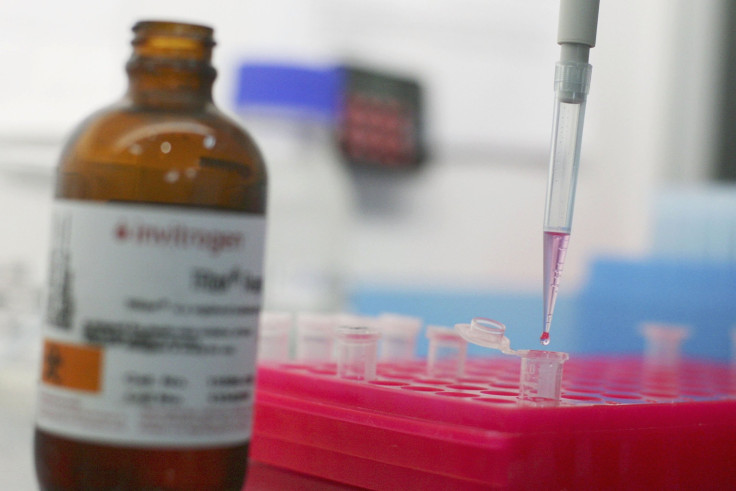Rare Genetic Mutation Makes Woman Feel Almost No Pain, Researchers Find

A woman in Scotland feels almost no pain due to a rare genetic mutation that is believed to affect just one in several million. According to a new research published in the British Journal of Anaesthesia, Jo Cameron, 71, of Whitebridge also experiences very little anxiety or fear.
"We found this woman has a particular genotype that reduces activity of a gene already considered to be a possible target for pain and anxiety treatments," one of the study's lead researchers, Dr. James Cox (UCL Medicine), said. "Now that we are uncovering how this newly-identified gene works, we hope to make further progress on new treatment targets."
Cameron found out about her virtually pain-free life when, at the age of 65, she sought treatment for an issue with her hip. Medics had to convince her into taking paracetamol following the hip replacement for severe arthritis. The next year, she had surgery on her hand at Raigmore Hospital in Inverness and reported no pain afterward, despite the treatment being very painful.
Cameron also claimed that she doesn't feel her skin burning unless she smells scorching flesh. She also told researchers she never needed painkillers after surgery such as dental procedures.
A genetic test by U.K. researchers revealed the woman has two DNA mutations that stop her feeling any physical discomfort. The test was carried out by researchers at University College London and led by Dr. Cox, a senior lecturer in mammalian sensory genetics.
"We found this woman has a particular genotype that reduces activity of a gene already considered to be a possible target for pain and anxiety treatments," Dr. Cox said. "Now that we are uncovering how this newly-identified gene works, we hope to make further progress on new treatment targets."
He added: “We hope that with time, our findings might contribute to clinical research for post-operative pain and anxiety, and potentially chronic pain, PTSD and wound healing, perhaps involving gene therapy techniques.”
Speaking of her condition, Cameron said: "When I was eight, I broke my arm roller-skating and didn’t realise... It was three days later that my mother noticed it was hanging strangely and realised. I am forever burning myself on our oven but only notice when I smell the burning flesh. I cut myself and don’t realise until I see the blood."
The research team is continuing to work with Cameron and are conducting further tests in cell samples, according to Eurekalert.
"The implications for these findings are immense," Dr. Devjit Srivastava, one of the authors, said. "One out of two patients after surgery today still experiences moderate to severe pain, despite all advances in pain killer medications and techniques since the use of ether in 1846 to first 'annul' the pain of surgery. There have already been unsuccessful clinical trials targeting the FAAH protein—while we hope the FAAH-OUT gene could change things particularly for post-surgical pain, it remains to be seen if any new treatments could be developed based on our findings."
© Copyright IBTimes 2025. All rights reserved.





















